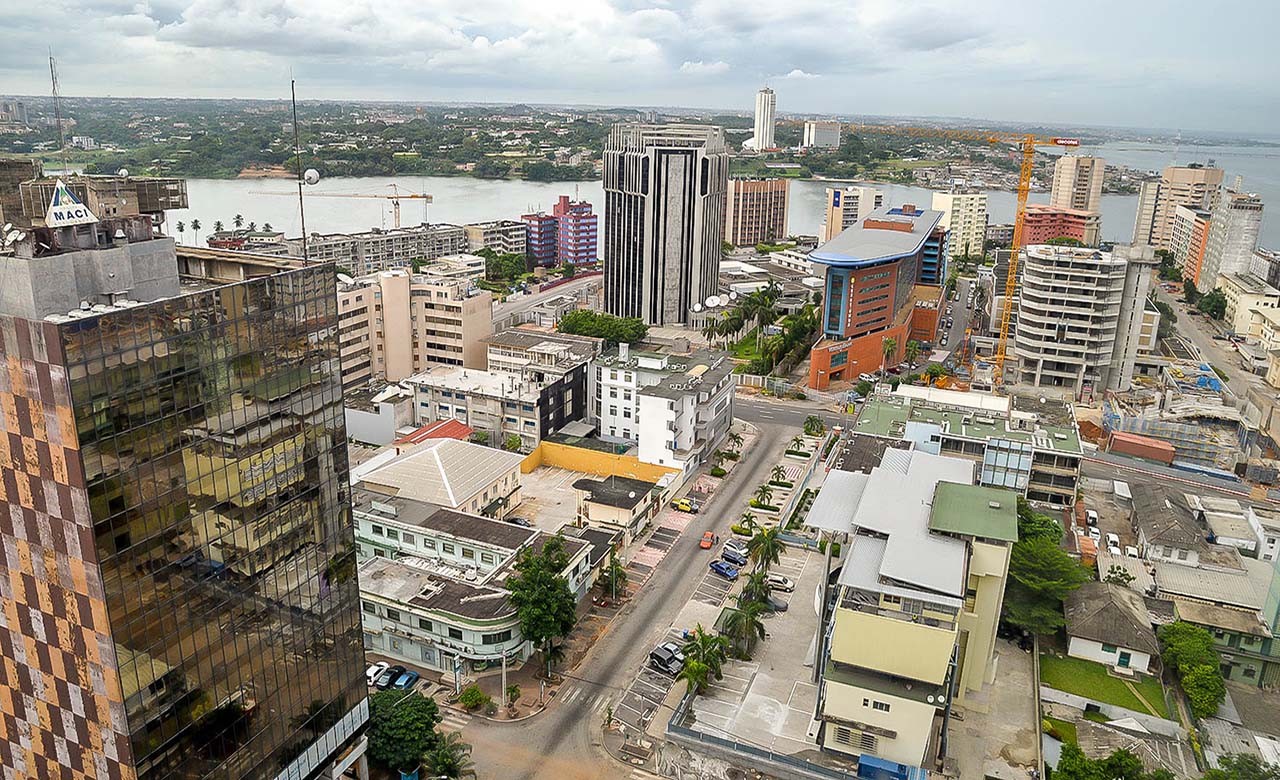
QUESTION:Africa is increasingly seen as the centre of global development. In light of current global dynamics and shifting priorities, how do you view the continent’s future?
ANSWER: Trade and investment are sustainable avenues to lift people out of poverty, create value, and build mutual partnerships.
While the global situation is fiscally challenging for everyone, with reduced overseas development aid, this also creates an opportunity to shift focus to commercial trade and investment.
That’s where the future lies.
Africa has immense potential: by 2050, it will have 25 percent of the world’s working population, 60 percent of the world’s unused arable land, and abundant resources, including renewable energy.
It’s hard to imagine a future global economy without Africa at the centre of it.
The notion that Africa is the next hub for global development has existed for years.
When do you think this narrative will translate into action?
That’s a question for Africa.
The continent still faces structural barriers — for example, intra-African trade remains low, and it’s often easier to import something from outside than source it within the region.
However, initiatives like the African Continental Free Trade Area (AfCFTA) are promising.
They can redefine Africa’s trade potential, make regional markets more attractive for investors, and unlock sustainable growth.
Some markets in Africa are already beginning to take off, and you can feel the momentum through infrastructure development and increased energy on the ground.
Africa is home to one of the youngest workforces globally.
How can this demographic dividend be harnessed for growth, particularly in collaboration with trade partners?
A demographic dividend can quickly become a burden if economies aren’t growing fast enough to absorb the youth entering the workforce.
The solution lies in expanding intra-African trade and increasing value-added exports — not just commodities.
The UK is contributing through partnerships like the Mutual Prosperity Partnership with Tanzania, signed in 2024.
We’re targeting sustainable investments that create jobs and foster value addition.
Our Developing Countries Trading Scheme also offers tariff- and quota-free access to African exports, supporting local value chains aligned with AfCFTA goals.
You’ve emphasised value addition, especially beyond agriculture.
What will it take to scale industrialisation across African economies?
Industrialisation depends on several critical factors: reliable energy, a skilled workforce, and solid infrastructure like ports and railways.
These are structural issues, but African countries are aware of them and are addressing them in their development plans.
We’ve seen success stories — like London buses being manufactured in Egypt.
That’s a result of creating the right environment for manufacturing.
The UK’s trade with Africa, which is nearing 50/50, is already moving beyond commodities.
Tanzania has invested heavily in infrastructure and has a strategic location. Yet, a lot of potential remains untapped. What’s missing?
Tanzania holds strong strategic value — from the Dar es Salaam Port to its position within the East African Community. However, challenges remain, especially in financing and implementing large-scale infrastructure projects.
These are not small undertakings, and unlocking funding and technical capacity remains a key barrier.
What’s the best way for Africa to make public-private partnerships (PPPs) more effective?
In my view, if you create the right conditions, investment will follow.
That means putting in place the necessary legal frameworks and regulations to support PPPs.
Mobilising private capital is essential — and that comes from building a business environment that inspires confidence.
Governments have a key role in enabling this by improving structures and reducing risk for investors.
How confident are you that Africa can become economically self-reliant in the near future?
I’m cautiously optimistic.
There’s growing awareness that enabling private enterprise and capital is critical.
But challenges remain, especially in terms of logistics and intra-regional trade.
That’s why initiatives like AfCFTA are vital.
With the right policies and implementation, Africa can certainly move toward economic self-reliance.


